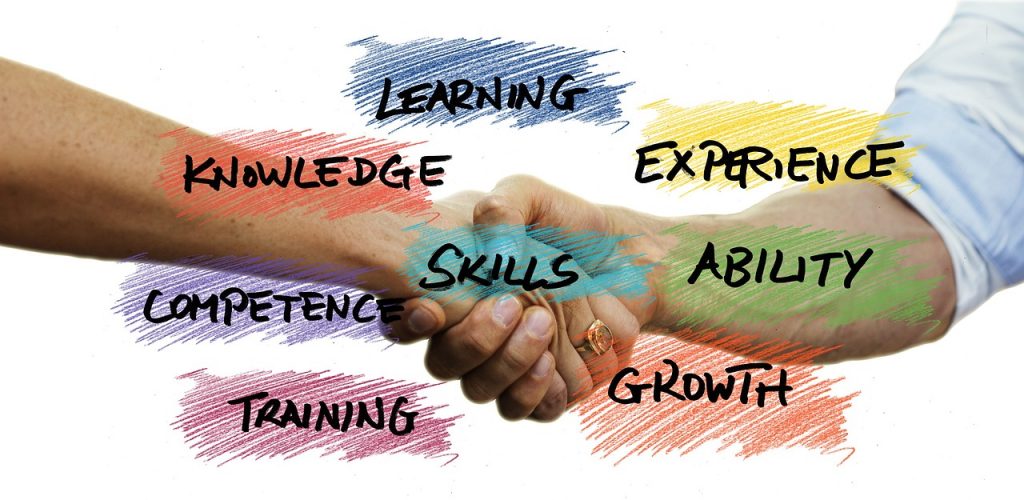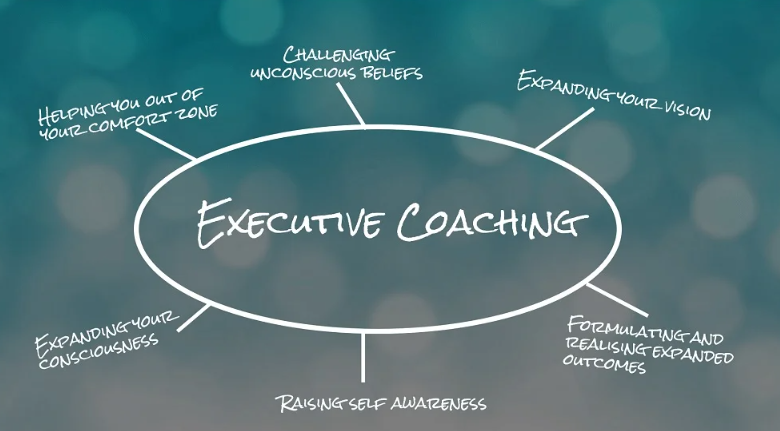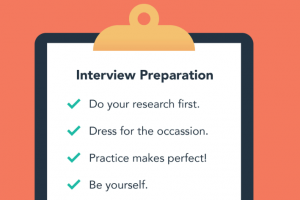The term ‘executive coaching’ is often misunderstood. For many, it conjures images of a ‘wild west’ of extremely high-intensity corporate gurus working exclusively with CEOs. But the reality of executive coaching is much simpler, much friendlier and much more accessible than any of that.
In order to correct misapprehensions about how executive coaching works and who it is for, we talked to some of our industry-leading coaches to find out the truth about executive coaching.

Unveiling the World of Executive Coaching Opportunities
Jo Riches believes that many people struggle to understand coaching’s merits, because they are being asked to invest in something that’s quite emotional – and therefore not always tangible.
Powerful Benefits of Executive Coaching
However, she is able to define the core benefits of coaching very clearly:: “Coaching helps people to go from a place where they are not happy about who they are. They know they want to change, but they don’t quite know-how – it’s really that simple.”
Jo likens executive coaching to training a high-level athlete: “The same principles apply,” she says. “There are so many elements that impact performance: it could be about nailing a presentation, or it could be about building confidence more generally.”
“Regardless of the specifics,” she says, “it’s really about unleashing what is brilliant about an individual.”

Executive Coaching: The Role of Neutrality
Katie da Gama says that executive coaching is “a space for someone to confidentially explore any area of their life or career that they feel could be enhanced.”
This sense of freedom is vital to her, as is the coach’s neutrality. “I don’t have any skin in the game,” she says. “So my clients can determine where their boundaries are and what they want to work on.” This allows the process to be more exploratory and ultimately produce greater growth.
Lalita Raman agrees with this, emphasising the importance of self-directed work in coaching. “I’m there to challenge you and stretch you beyond your comfort zone,” she says. But I can’t do the work for you, and I can’t decide where you should be going.”
“Yes, executive coaches are trained and we have a perspective,” she says. “But it’s all in service of the client, and so they have to feel what they gain is of real use to them.”
The Unseen Work: What Happens Between Coaching Sessions
It is very common to assume that executive coaching is purely transactional. But many of our coaches emphasise the degree to which coaching’s heavy lifting actually goes on ‘behind the scenes’.
For both the coach and coachee, the actual time spent in a session is a springboard. “To offer the level of personalised, nuanced coaching executives generally need, you really need to be doing your work before and after sessions to properly cater to them and understand their journey,” Lalita explains.
“It’s not just the 60 minute session you’re paying for, it’s the training and expertise and planning. People understand that about doctors or lawyers, but they often don’t realise it’s exactly the same for coaches.”







